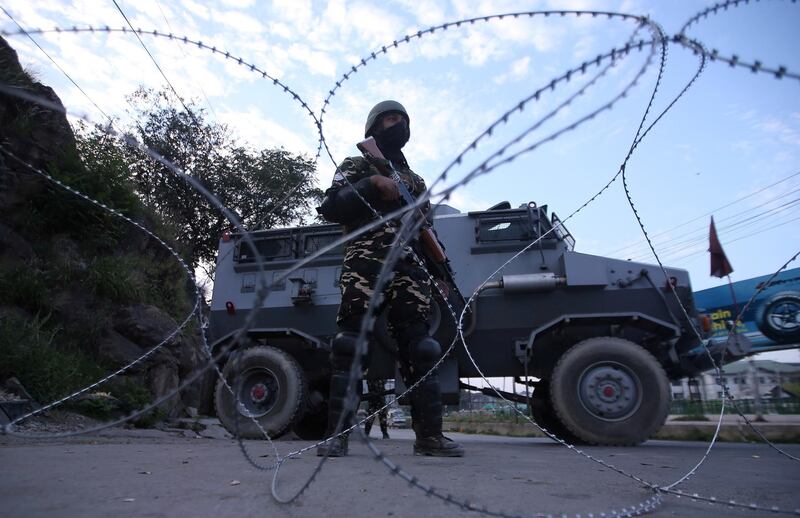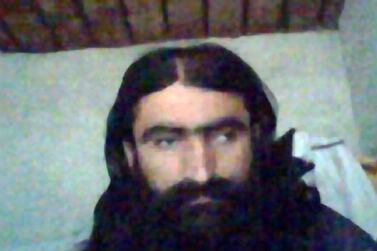Living in Kashmir, alongside Pakistan's contested frontier with India, has always been difficult but the risks have become too much for Raja Altaf and his family.
Tension in the already strained region has been fraught since Prime Minister Narendra Modi revoked Indian-administered Kashmir's right to self-rule last month.
In Chakothi, a Pakistani border village with spectacular scenery close to the heavily fortified line of control dividing the disputed area, residents live in fear of renewed fighting.
Pakistan’s military says 27 people have been killed along the frontier this year alone by firing from the Indian side, and there have been more than 2,000 ceasefire breaches. India also accuses Pakistan of regularly shelling its territory.
Mr Altaf, 58, has sent his wife, daughters and grandchildren away from their scenic home, worried about their safety.
"There are a lot of problems if you live close to the line of control, because India keeps firing," he said. "I am concerned about the safety of my family and I have shifted them to Rawalpindi [near the capital Islamabad] for now. Tension has risen and in August there were more clashes."
The 780-kilometre line of control is one of the most heavily militarised areas in the world, with Pakistani army checkpoints and their Indian counterparts eyeball to eyeball. At the Pakistani checkpoint closest to Chakothi, an Indian flag can be seen through the trees only 70 metres away. The road next to it used to carry lorries and buses across the bridge to India, until cross-border travel was halted in February when the countries almost went to war.
"We called it the Friendship Bridge when it was built but there's not much friendship now," said Brig Muhammad Umar, commander of 800 soldiers along this section of the frontier.
Kashmir has been split since India and Pakistan received their independence from the UK in 1947 and both sides claim it in full. Since 1989, an insurgency in the Indian-administered part has killed tens of thousands, mostly civilians. New Delhi blames Pakistan for the insurgency but Islamabad denies involvement.
India's decision to revoke the region's semi-autonomous special status was accompanied by a communications blackout and curfew. Several thousand people are reported to have been detained, including almost all the region's most senior politicians. The move seemed to take Islamabad by surprise and left Prime Minister Imran Khan's government searching for options. Pakistan said it will neither take military action nor sponsor militancy.
India and its allies, including the US, have repeatedly called on Islamabad to cut ties with its militant proxies and are watching carefully. Yet Pakistan's attempts to build a diplomatic bloc to condemn New Delhi and compel the UN to intervene have yielded little.
Senior Pakistani politicians admit they are disappointed. One said he expected a “drift towards militancy” among young men in the region and a possible influx of refugees from the Indian side. “I don’t foresee any quick fix,” he said.
Asad Muhammad Munir, 21, who was shopping in Chakothi's market, said "I am really sad and really concerned about what India is doing to the Muslims of Kashmir. They have been suffering for 70 years and shooting from India's side takes place often."
Safraz, 24, a shopkeeper, said he was more concerned about what was happening to Kashmiris on the Indian side of the line of control than the risk of being shelled himself.
"The situation in Indian-occupied Kashmir really upsets me," he said. "I'm just waiting for India to lift the restrictions."
Meanwhile, Mr Altaf watches to see what happens and whether he can be reunited with his family, or if the separation will be long term.
"If it normalises, I will send for them," he said. "We just have to wait."






